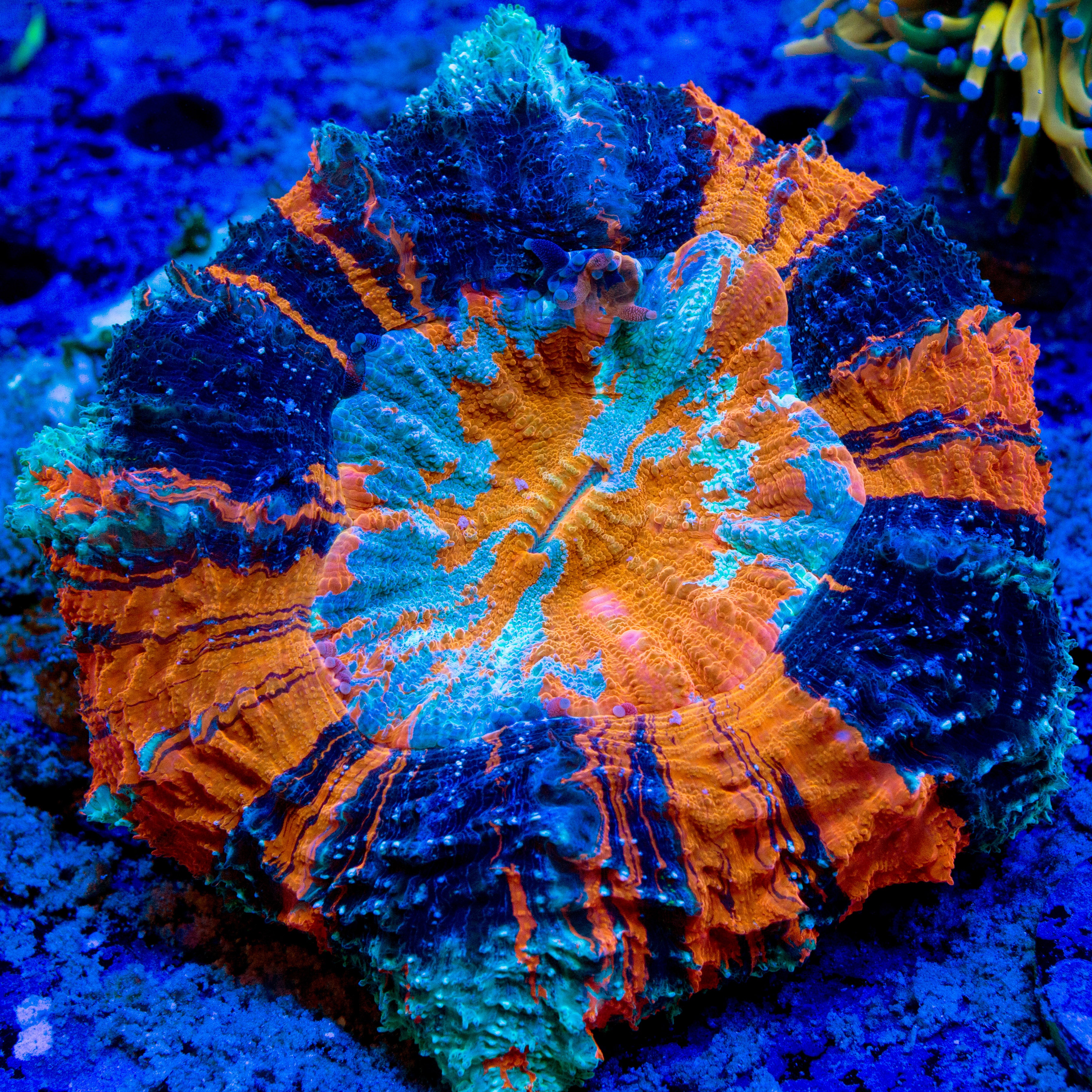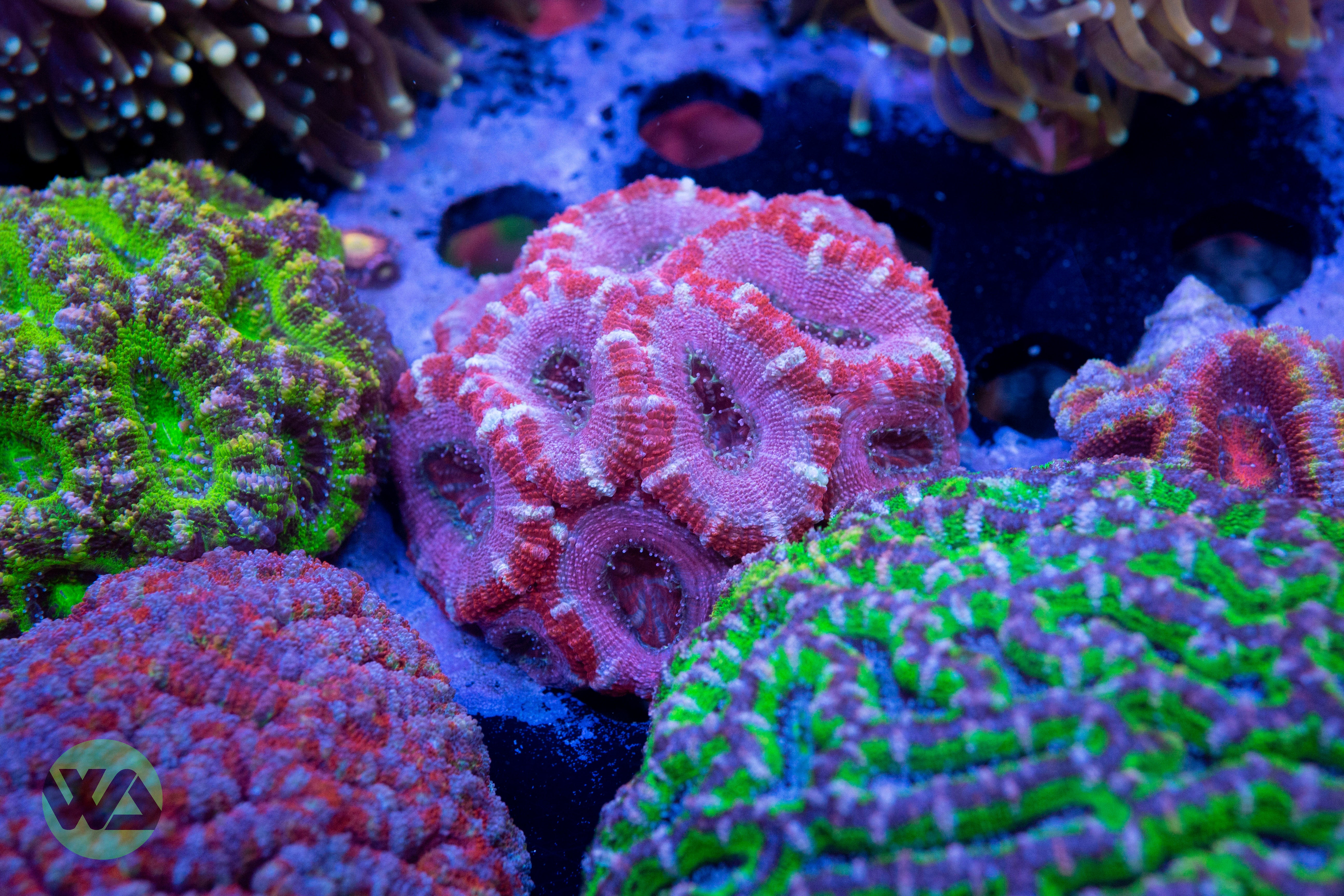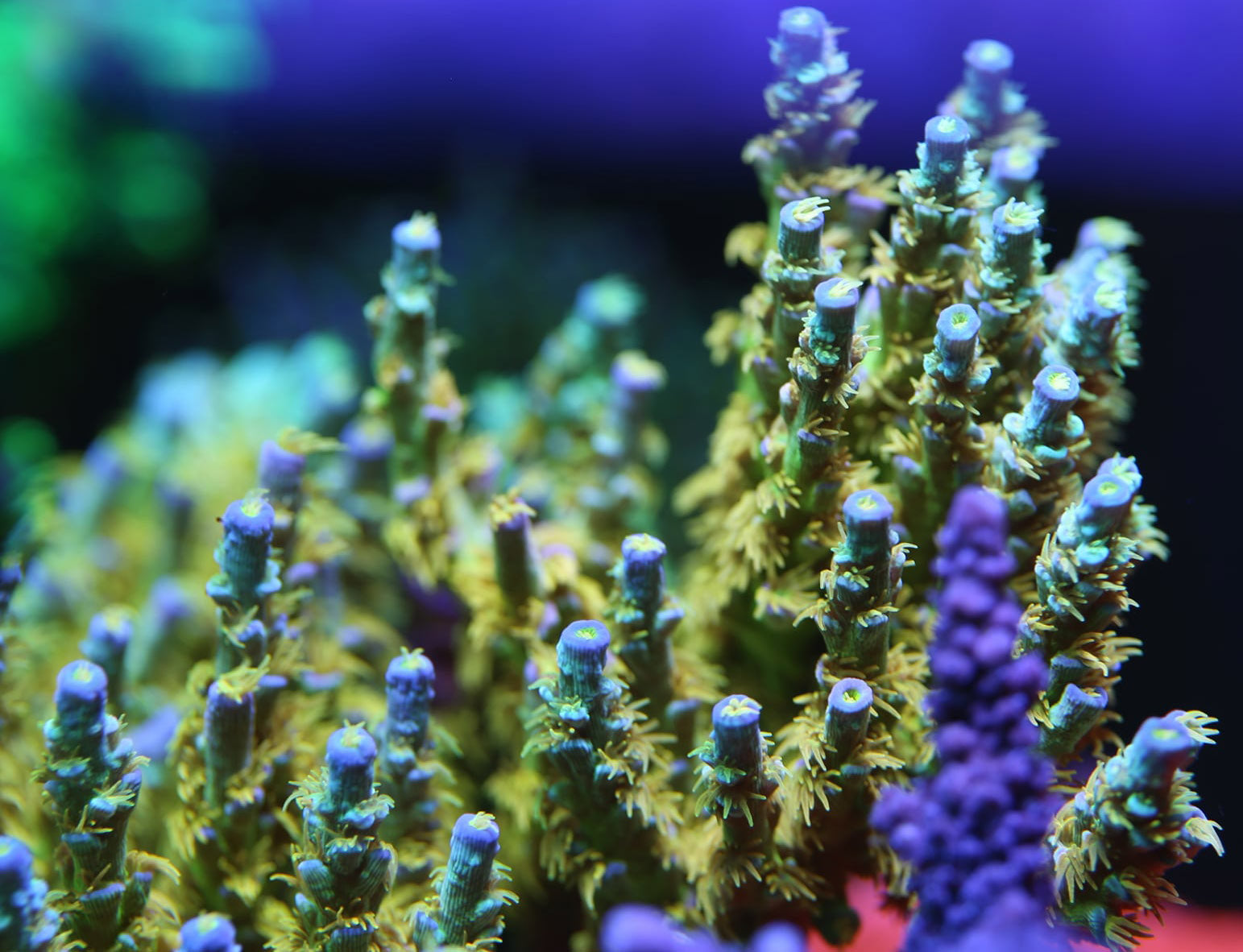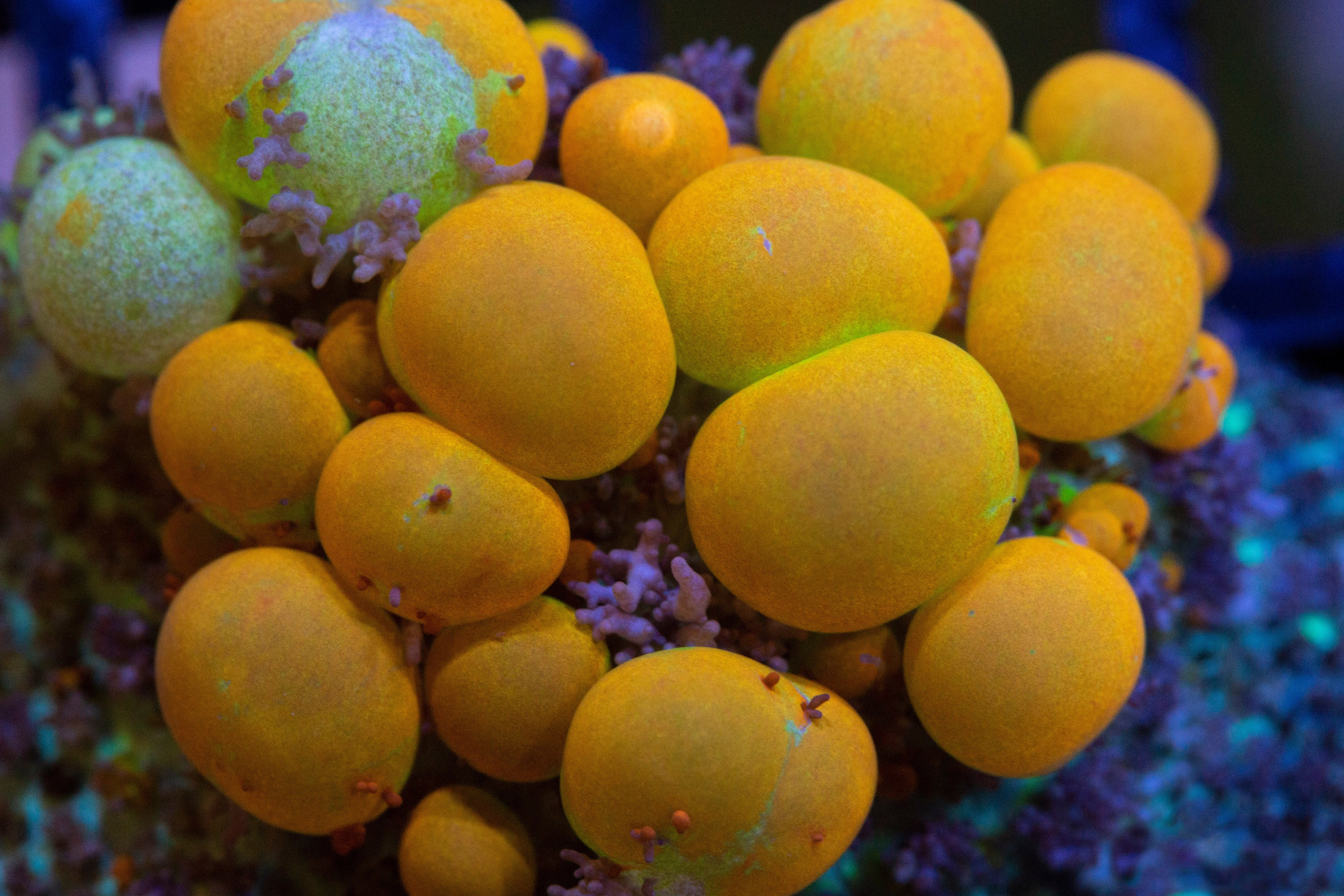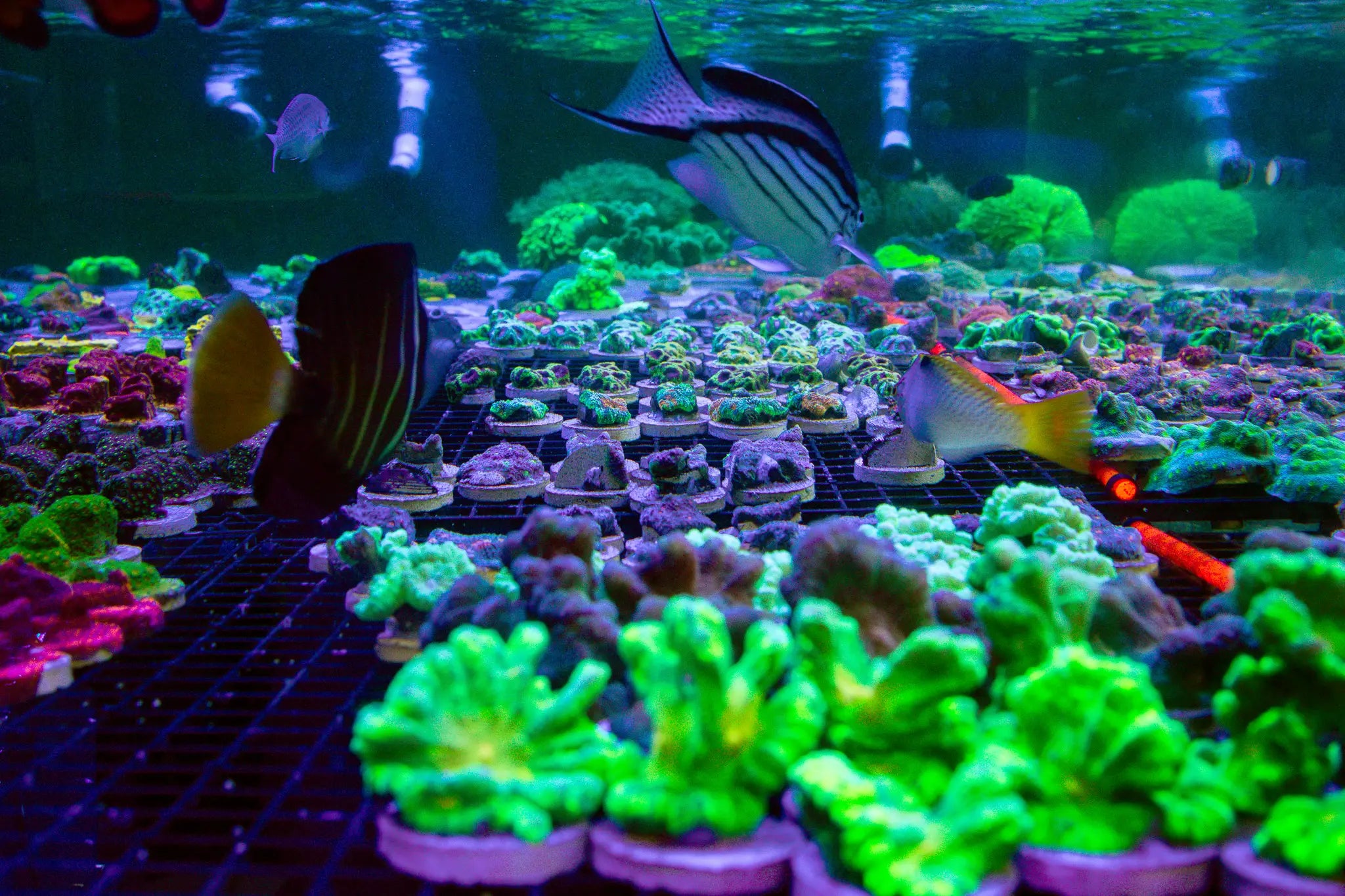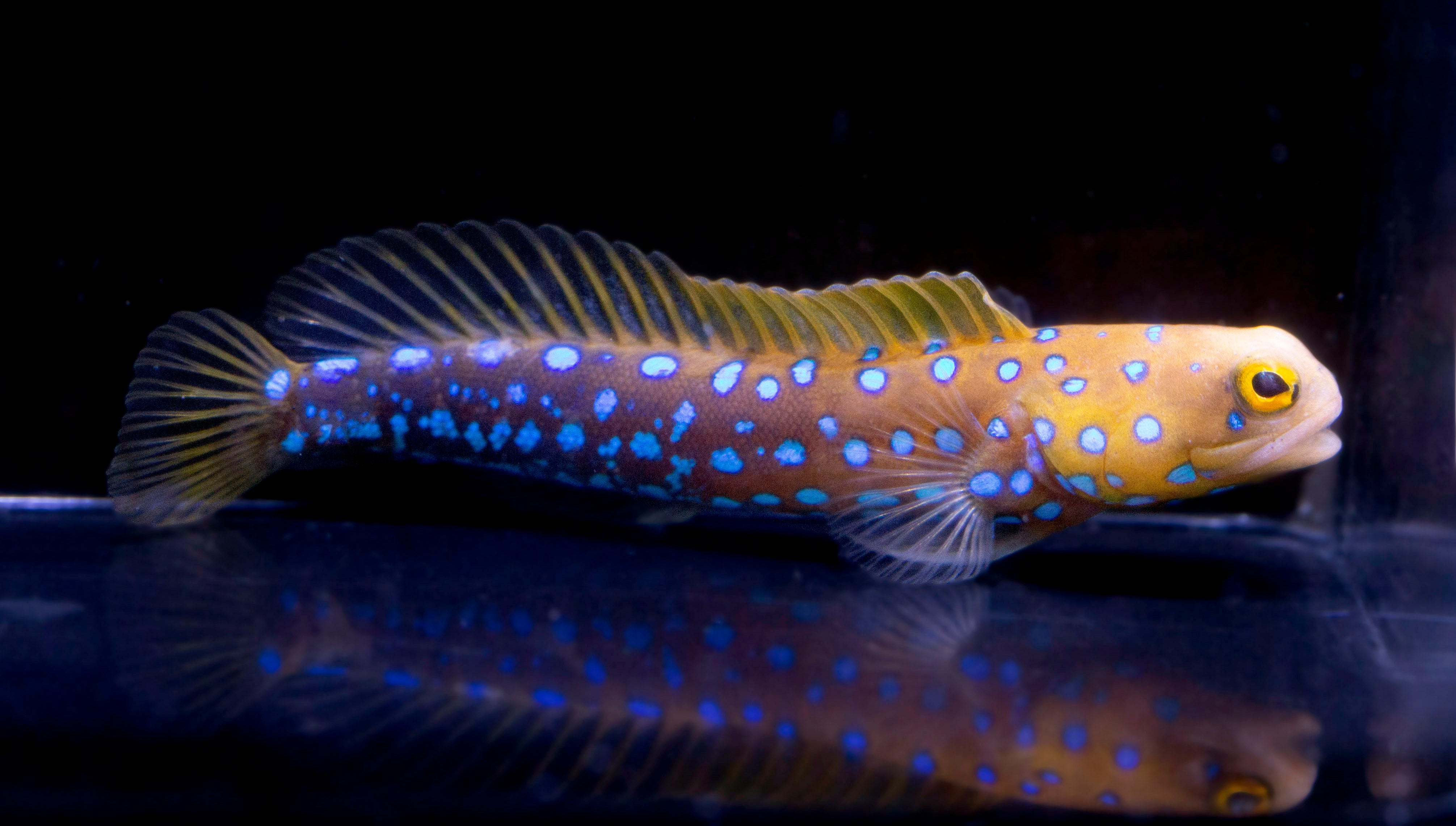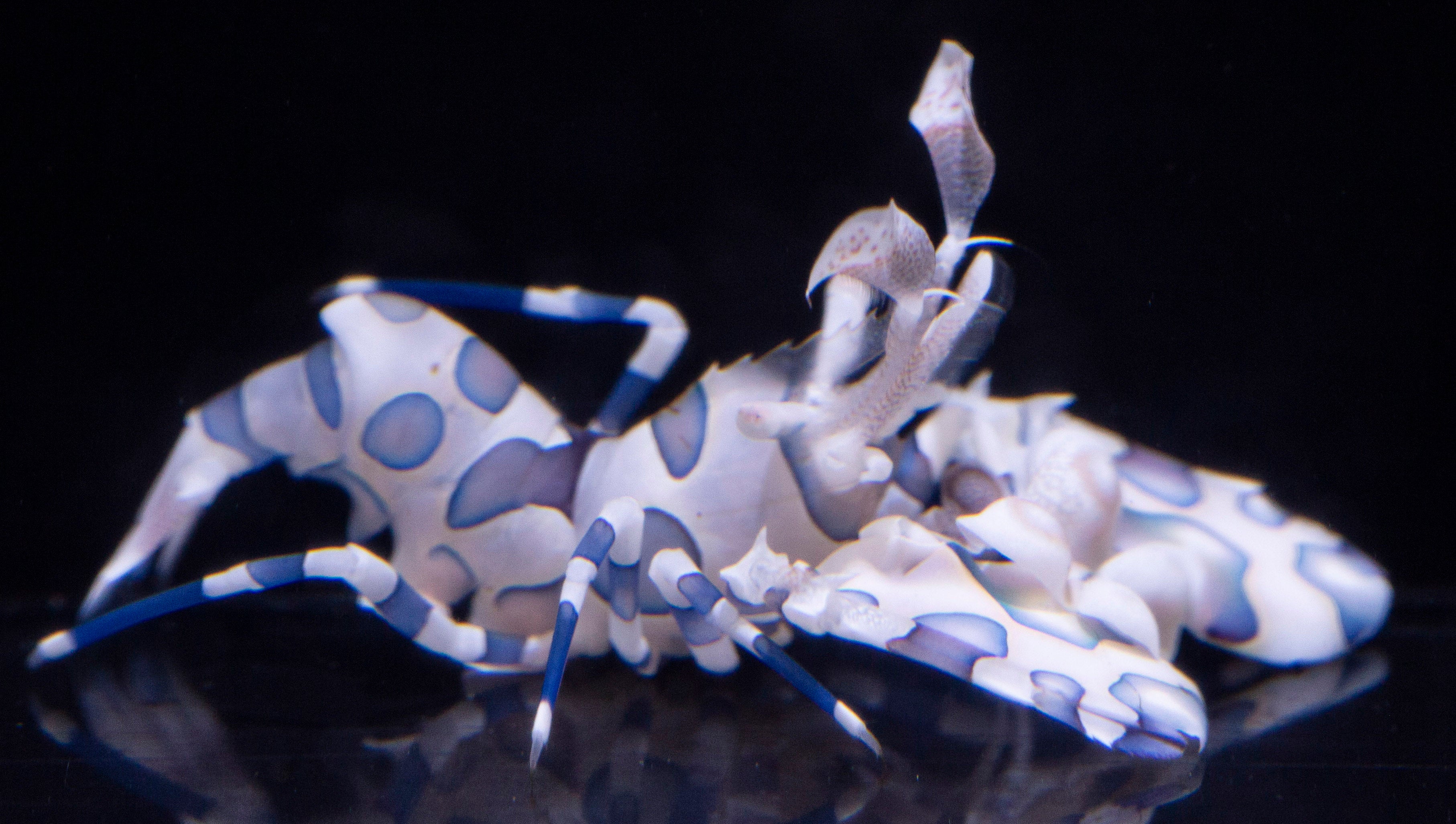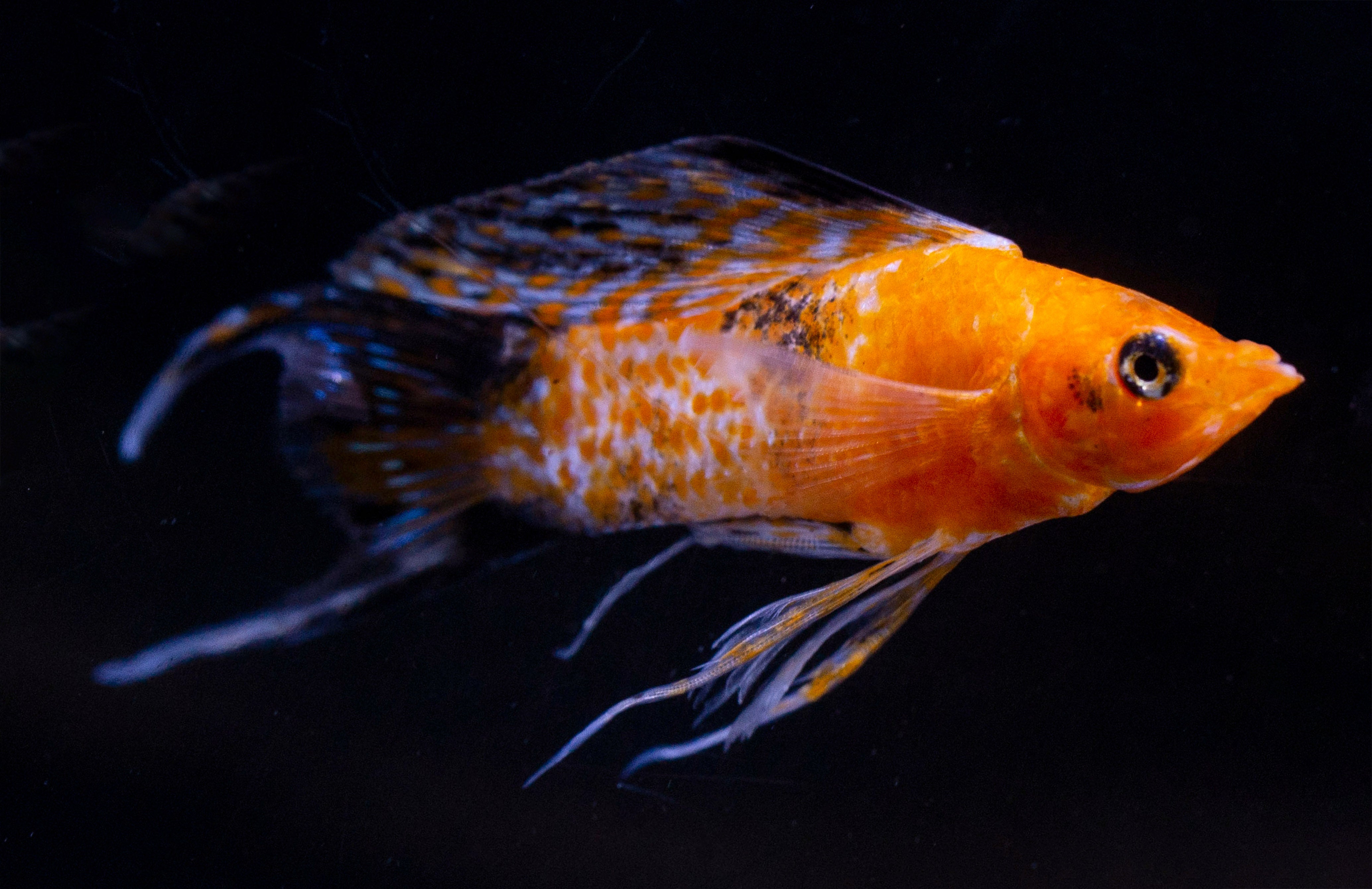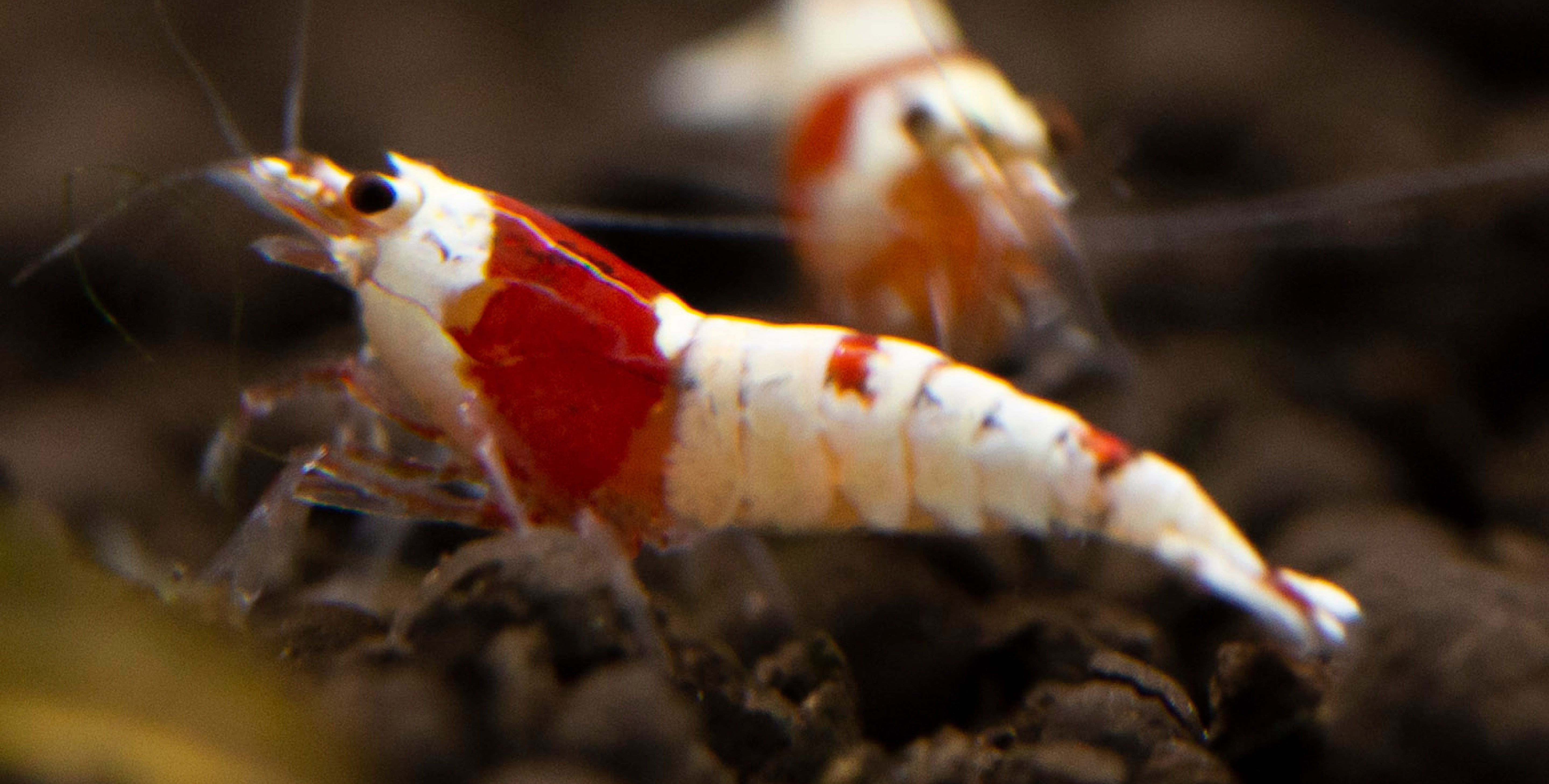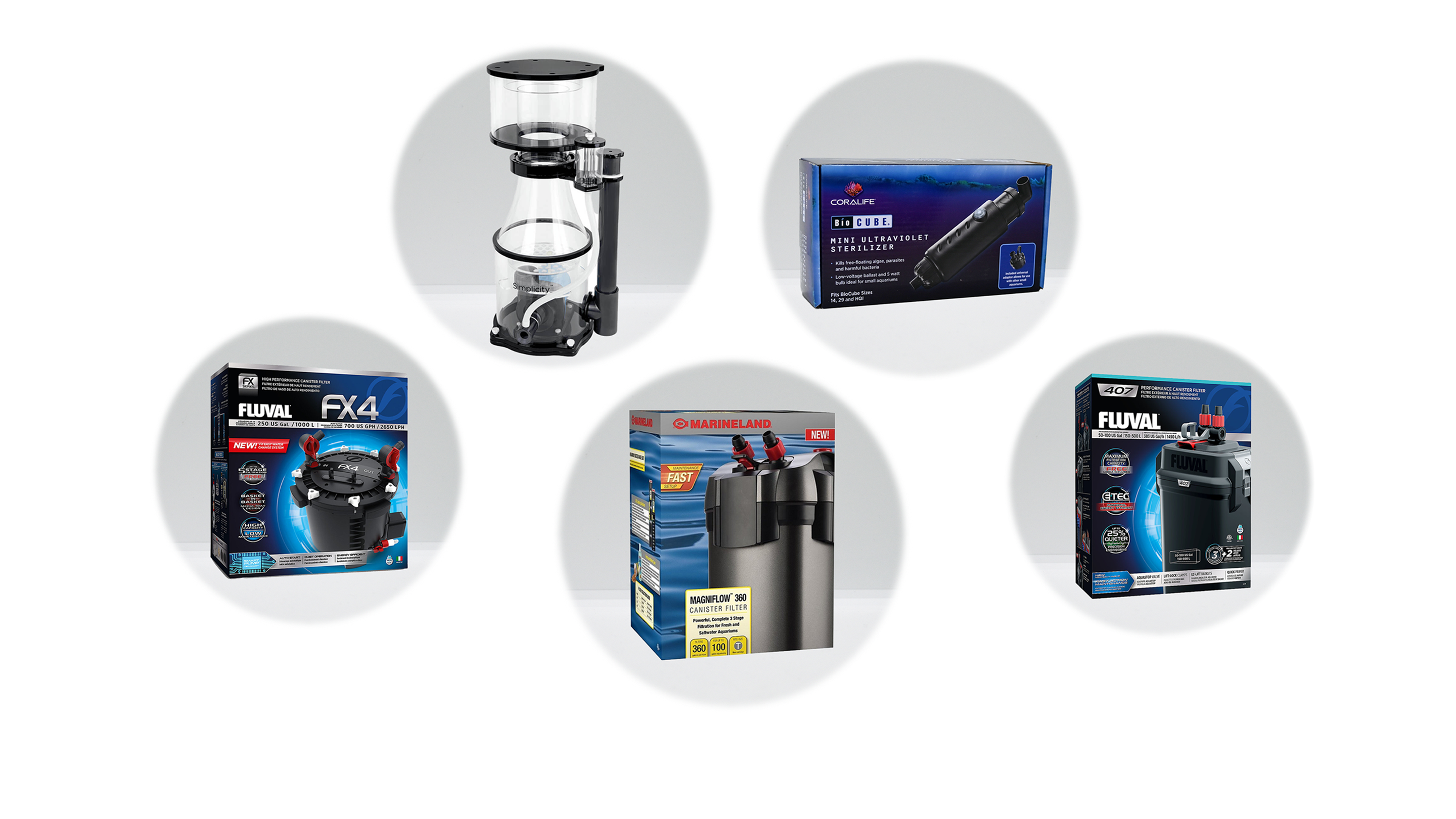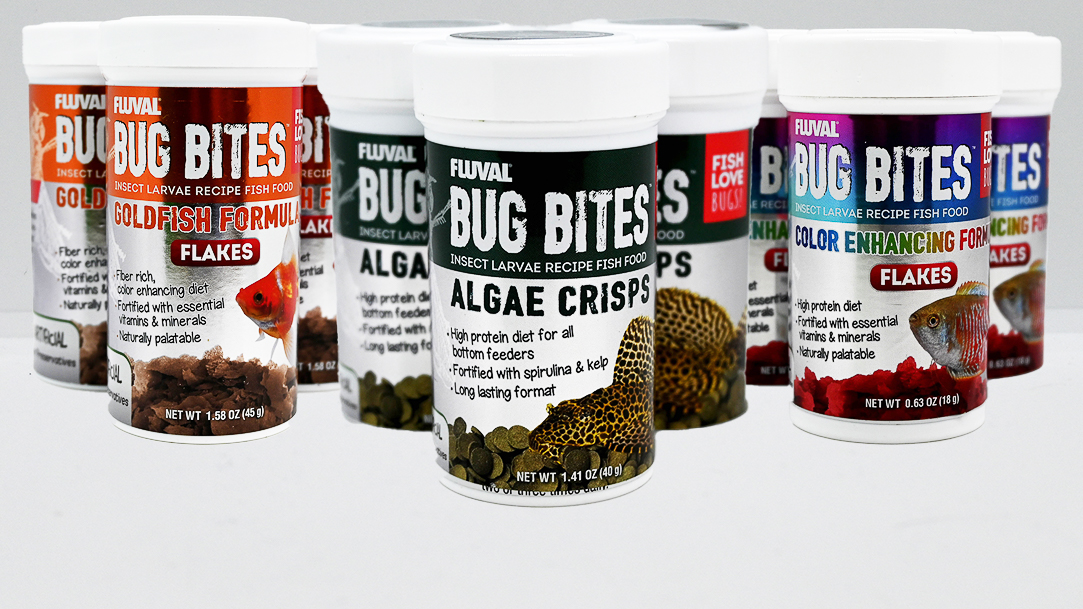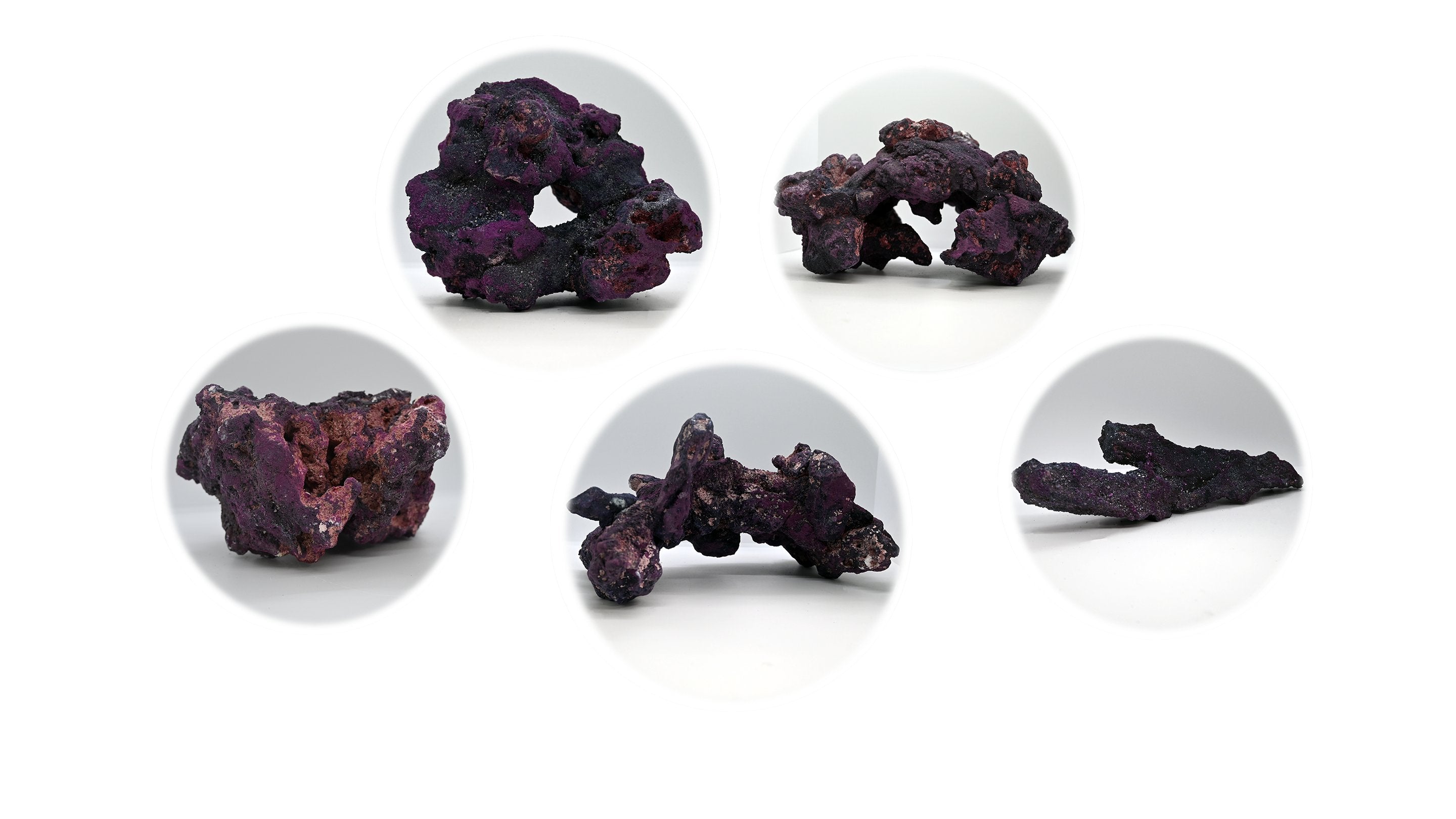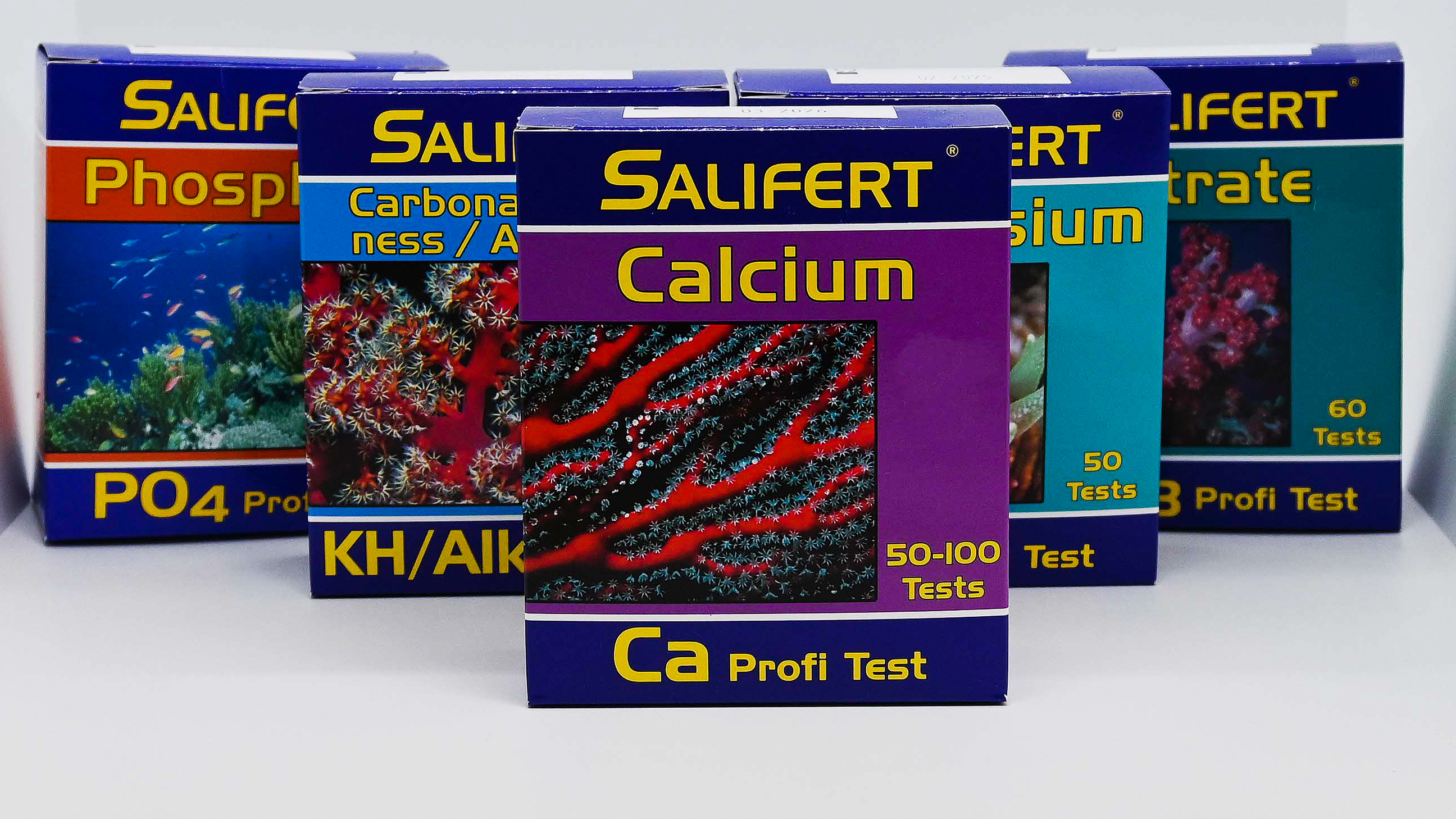Silver Dollar - Myloplus rubripinnis
- In stock, ready to ship
- Backordered, shipping soon
The Silver Dollar (Myloplus rubripinnis), known for its shimmering, disc-shaped body, is a popular freshwater fish in home aquariums. This peaceful, schooling fish displays silver scales with subtle red markings, adding a touch of elegance and activity to large community tanks. Although often mistaken for other Silver Dollar species, Myloplus rubripinnis stands out for its red-tinted fins and robust size.
Description:
• Common Name: Silver Dollar
• Scientific Name: Myloplus rubripinnis
• Family: Characidae
• Size: 6-8 inches (15-20 cm)
• Color: Bright silver with a slight red tinge to the fins, especially the pectoral and anal fins, which becomes more intense in well-kept adults.
Native Region:
Native to the rivers and floodplains of South America, primarily in the Amazon Basin, where it inhabits slow-moving, heavily vegetated waters.
Aquarium Setup:
• Tank Size: Minimum of 75 gallons (284 liters) for a small group, as they are active swimmers and need space to school.
• Substrate: Soft sand or smooth gravel substrate.
• Aquascaping: Silver Dollars prefer open swimming spaces along with hiding areas made from driftwood and sturdy plants. They may nibble on vegetation, so use hardy or artificial plants.
Water Parameters:
• Temperature: 75-82°F (24-28°C)
• pH: 5.5-7.5
• Hardness: 4-12 dGH, with a preference for softer water conditions.
Care Level:
• Difficulty: Moderate
• Diet: Primarily herbivorous; they thrive on leafy greens, algae wafers, and vegetable-based pellets, with occasional meaty treats like bloodworms or brine shrimp.
• Behavior: Peaceful and social; best kept in groups of five or more to reduce stress and encourage natural schooling behavior.
Additional Tips:
• Tank Mates: Good companions include other peaceful, large fish such as angelfish, larger tetras, and Corydoras catfish. Avoid small or slow-moving tank mates, as Silver Dollars can be boisterous.
• Plants: Due to their herbivorous nature, they may eat or damage delicate plants. Opt for hardy plants like Java fern and Anubias or use artificial plants for decoration.
• Cover: Provide some shaded areas with driftwood and floating plants to help them feel secure.


